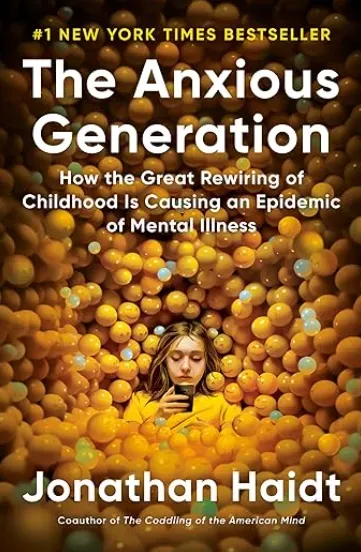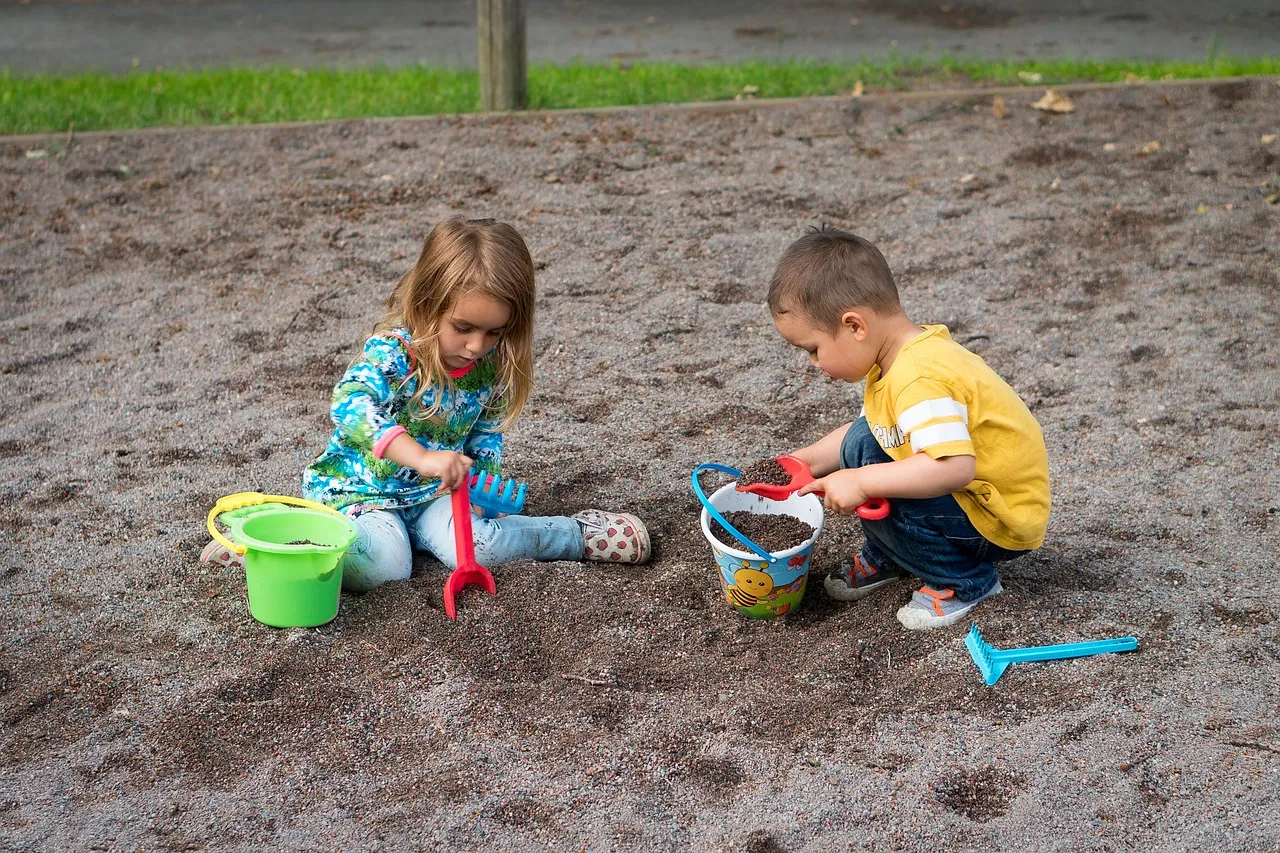Table of Contents
Simon O’Connor
Husband, step-father, and longtime student of philosophy and history. Also happen to be a former politician, including chairing New Zealand’s Foreign Affairs, Defense, and Trade Committee.
Rachel and I have just returned from Noosa, Australia and a couple of things struck us – and not just the cheaper house prices! For those who have had the good fortune to visit Noosa, you will know it is a beautiful coastal area with an accompanying inland river, a verdant national park, and welcome warm weather.
A few things we noticed was how many young people were out and about – driving boats, kayaking or paddle boarding, and fishing. Alongside this, lots of playing on the beaching, surfing, and swimming. Put another way, the young were out and about in nature – playing, socialising, taking risks, and learning. I say risks, as most didn’t have life jackets on or even adults about supervising. Now, I am not writing to argue for how far parental responsibility – or health and safety – could or should go, but rather that the children were allowed to freely explore themselves.
The other impression we got was, ironically, the opposite. It was the number of very young children in restaurants, cafes, or at the beach wired into technology. Think watching cartoons on an iPad with headphones on. Having dealt with young children, I can appreciate why having a bit of piece and quiet is welcome. But I was struck how the use of headphones in particular takes the child away from wider interactions. They may be physically present but no longer actually part of what is happening. They were sitting around a dinner table yet not part of the family’s conversation. In fact, by living in a little cocoon courtesy of a device and headphones, they are missing out on the myriad of interactions that occur in social settings. These interactions in turn are what help us grow, learn to tolerate, debate, cope, and respect others.
So why am I sharing this and why is much of this relevant? Well, on this same trip, both Rachel and I have been reading Dr. Jonathan Haidt’s recent book, ‘The Anxious Generation – How the Great Rewiring of Childhood Is Causing an Epidemic of Mental Illness”. It is a fantastic and important read. His main claim is that:
“… two trends – overprotection in the real world and underprotection in the virtual world – are the major reasons why children born after 1995 became an anxious generation.”
I think he is right. When I reflect on modern New Zealand, we over-regulate our young ones in the real world. For example, climbing trees is not allowed in some schools or playgrounds that see more soft matting than fun activities. Helicopter parenting can become stifling, with a child unable to do much on their own – even a short distance to school requires mum or dad to drive them. Now these are only quick simplistic examples, but each of us will know, or have examples, that fit what Haidt and others are saying.
Alternatively, we do see more of our young wrapped in technology. I know how tempting it is to give a screaming toddler an iPhone so as create some peace yet in doing so they become detached from all the other interactions occurring around them. Adding to this is that so little is regulated in this online space as compared to the ‘real world’.
We want to keep a near constant eye on the youth playing in the stream yet let them stream content online for hours without much supervision at all.
What we saw in Noosa, particularly the kids out and about on the river fishing and playing, echoes what Jonathan suggests is part of the solution to the growing anxiety in our youth. He makes many recommendations but stresses four ‘foundational’ points:
1. No smartphones before high school
2. No social media before 16 years of age
3. Phone free schools
4. Far more unsupervised play and childhood independence
Number three will stand out with current debates in New Zealand and as the cell phone ban begins in our schools. While many progressives and those in mainstream media decry this move, the near overwhelming evidence is in support of Haidt and common sense.

Some may know Dr. Haidt’s name already. He co-wrote ‘The Coddling of the American Mind’ with Greg Lukianoff; another great book to read. It argues how safetyism has become so prevalent in the likes of our universities. Safetyism can be roughly defined as ensuring that your feeling good about yourself – being emotionally as much as physically safe – is the most important value or condition in life. In practice, and as we see in universities and other places, it means that people wish to be safe from ideas, thoughts, and beliefs that might challenge them in some way.
As we have seen in recent days at Victoria University, a debate about free speech has been postponed as some students say they were worried and anxious about the discussion; they feel unsafe. Yes, that’s right, even discussing how to discuss matters of free speech was too much for these youth. Perhaps had they gone out fishing, climbed trees, and put their cellphone down they might be more robust human beings and not the weak, taxpayer-profiting, censorious people they are.
So grab a copy of Jonathan’s latest book but also know, you can hear from him in around a month’s time. Family First are running their annual Forum on the Family in Auckland and Dr Haidt is one of their guest speakers!
Oh, and of course, get outside and play a little more.









